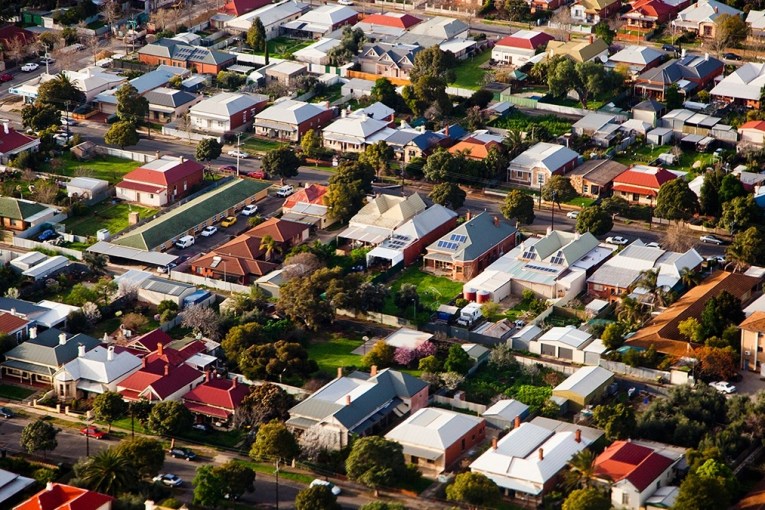‘A bird in the hand’: Vendors increasingly open to pre-auction sales


Labor says people shouldn't have to raid their superannuation retirement funds to buy a home. Photo: Getty
As property prices continue to fall across the country, houses and apartments are increasingly being sold before auction, industry figures say.
Nervous vendors are being met by assertive buyers looking to stamp out competition and secure a sale without the stress of an auction.
Head of real estate at CoreLogic Geoff White argues that a shift in vendor mentality means they’re more willing to accept initial offers.
“Agents are definitely reporting there is a lift in the number of vendors selling pre-auction. So what we are seeing is buyers being encouraged to submit offers beforehand,” he said.
“All things considered, it’s pretty typical to see this in a downturn – buyers make offers and vendors more inclined to accept them.”

A shift in vendor mentality also means they’re willing to accept initial offers. Photo: LJ Hooker
Senior auctioneer at LJ Hooker Ben Mitchell has noticed the trend towards pre-auction sales.
“I do about 1200 auctions a year, there’s definitely a trend at the moment of selling prior,” he said.
“In February last year, 18 per cent of auctions on our books sold prior and in February this year, it was 25 per cent.
“This time last year I would have six to seven registered bidders at any given auction, and now I’m averaging one or two.”
Justin Nickerson, director of Apollo Auctions, says he’d also noticed a turn towards pre-sales in the Queensland market.
“It started at the end of last year and it’s definitely continued into this year,” he said.
“Our pre-auction rate normally sits around 4 per cent, but we’ve noticed it’s been as high as 9 to 10 per cent prior to transaction. That’s a huge jump.”
Nelson Alexander sales director Arch Staver said the noticeable change towards pre-auction sales indicated a more “balanced” market.
“This time last year we were always going to auction, and the only time a property would sell beforehand was if an overly aggressive offer was made. Now, this week alone we’re selling a couple of properties before auction,” Mr Staver said.
“There’s a level of fair play right across the board.
“Vendors with realistic expectations are seeing those met; buyers know it’s the best market to transact in.
“But only on the basis it’s a fair and reasonable offer. Predatory offers are still being knocked back.”
In the vendor’s favour
In a cooling market, a pre-sale can work in the vendor’s favour, argues Wakelin Property Advisory director Jarrod McCabe.
“There aren’t as many buyers around, so vendors and agents start to look for other opportunities to sell,” Mr McCabe said.
“Because they run the risk if they go to auction, it becomes obvious to the rest of the market that the demand isn’t as deep – they will get a worse price because buyers will be able to negotiate more.”
A bird in the hand
The tightening of lending standards, with banks more cautious to provide credit to prospective buyers, has weakened demand and affected particularly the ability to buy at auction, argues Mr Mitchell.
“I believe obviously the banks have played a big part in buyers not being ready for sale,” he said.
“There’s a lot of buyers in the market, but they can’t transact straight away, they’re transient. The number of bidders is going down. So vendors are getting a bird in the hand and not risking going to auction.”
Mr Mitchell says vendors looking to get the best deal should listen to their agents, and base their decision on the feedback they’ve received along the way.
“Agents still have to do the due diligence to make sure they’ve got the best out of the market before accepting the offer,” Mr Mitchell said.
“It’s got to come the right way – a deposit, no cooling-off period, the right forms. If you accept and the buyer doesn’t perform, the sale’s wrecked.”








